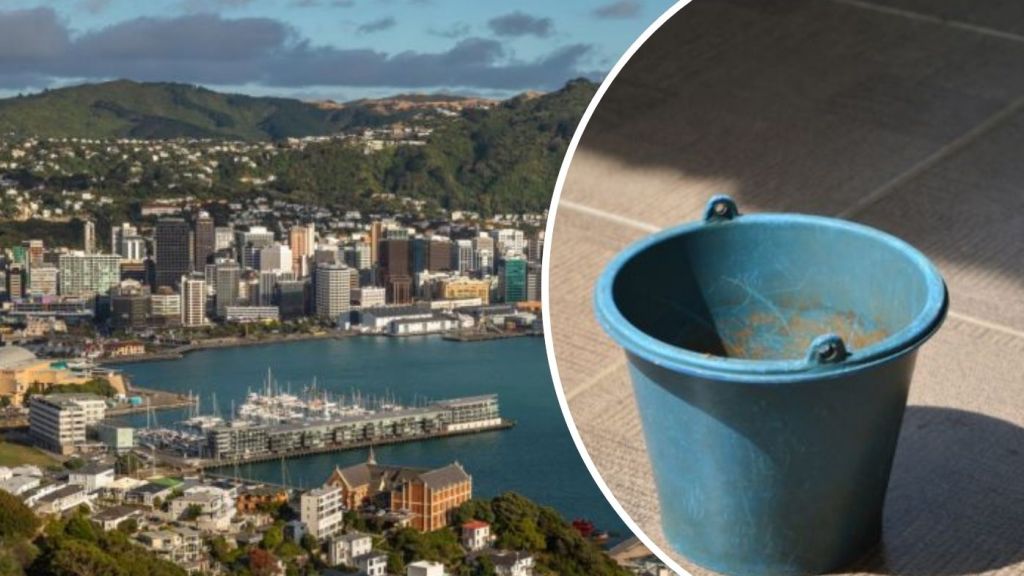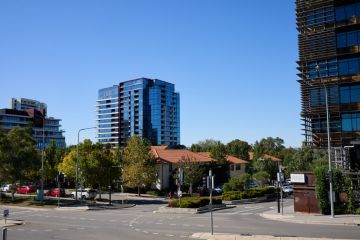Students’ horror as unthinkable liquid pours from ceiling
Four university students in New Zealand have battled their landlord in court for financial compensation following a severe sewage leak in the kitchen of their rental property.
It was April 7 this year – five months into their 12-month fixed tenancy – when the students informed their landlord of a number of maintenance issues in their Wellington apartment.
Key among the concerns was the sagging of their apartment’s kitchen ceiling.
In details from a New Zealand Ministry of Justice tribunal order, the students claim they were advised by the landlord’s repairman that the ceiling “was not an issue”.
Then, a day later, on April 8, the ceiling started leaking sewage. It continued into the night.
“The tenants’ evidence is that they had to empty approximately two buckets of raw sewage every two hours over the course of the night,” the tribunal order document stated.
“They also had to dispose of all their food and remove their appliances.”
The following day, the students claim the landlord sent a plumber who confirmed it was sewage from the building’s plumbing, and its six-unit property, which had burst.
The plumber repaired the leak and removed the contaminated ceiling and floor sections and cleaners were also hired.
While the repair work was completed, the students stated they were told they could use a kitchen of an unoccupied unit in the upper level of their building.

All four students moved out of the rental and stayed elsewhere – three stayed away for two weeks. The remaining tenant stayed away for five weeks due to health reasons.
On April 11, the students contacted their property manager to inform them they had temporarily moved out and asked for a rent rebate. The rebate was not approved.
When the students did return, they claimed the alternative kitchen on offer was not fully functional. They contacted their property manager to let her know.
“The evidence regarding how long those repairs took place is disputed,” the tribunal documents stated.
On April 15, the students formally requested to end the tenancy.
They claim eight days passed before they received an email regarding the insurance.
“On 25 April they served a 14-day notice to remedy on the landlord. Three of the tenants moved back in shortly after,” the documents stated.
“It is not disputed that this Notice was not remedied within the required period”.
In early May the students again sought to end their rental agreement. The landlord replied with an email about rent arrears.
On May 8, the students applied to the Tribunal for relief.
Six days later, on 14 May, a repairperson attended the apartment although no notice of his visit had been given, the tribunal documents stated.
“He was let in by the [students] in the interests of progressing the repair,” it read.
On May 26, the date of the tribunal hearing, the kitchen repairs were still not complete.
At this point, “the [students] have paid full rent (excluding one week) since. No compensation has been paid or offered,” according to the documents.
The students stated they wished to end their tenancy because they had “lost faith and trust” in their landlord.
“The [students] say the impact of the event and failure to repair has been significant on them. The kitchen has no door, so the odour has permeated the house,” the documents said.
One student stated they suffered respiratory issues requiring medical attention following the exposure to sewage.
After the students complained, the landlord’s representative sent an apology email.
The tribunal was provided evidence indicating “it was highly likely” the apology email was “generated by artificial intelligence”.
“This they say, and I agree, indicates a lack of care and attention by the landlord to their interaction with the tenants,” Kate Lash, a tenancy adjudicator with the NZ Ministry of Justice, who presided over the case, said in her tribunal order.
“I also consider that none of the landlord’s submissions acknowledge the impact on the [students] of a lack of meaningful, consistent and lawful communication. The failures are acknowledged but not that the experiences have reframed for the [students] their ability to enjoy their tenancy. If the landlord does not appreciate this, it is likely to occur again.”
The students sought compensation for the seven and a half weeks they did not have a kitchen in their unit and for loss of food and towels as result of the sewage contamination.
Lash noted compensation was mentioned by the landlord “at the outset and subsequently, but not provided”.
“I also accept the evidence that [the property manager] did indicate that ending the lease might be a possibility but then said it was not,” she wrote.
After considering all the evidence, Lash found it just to terminate the tenancy.
The students were granted permission to end the tenancy on June 30.
She also awarded the students $300 in compensation plus fees.
We recommend
States
Capital Cities
Capital Cities - Rentals
Popular Areas
Allhomes
More
- © 2026, CoStar Group Inc.









